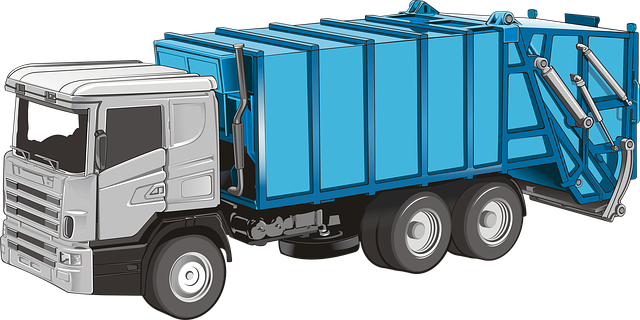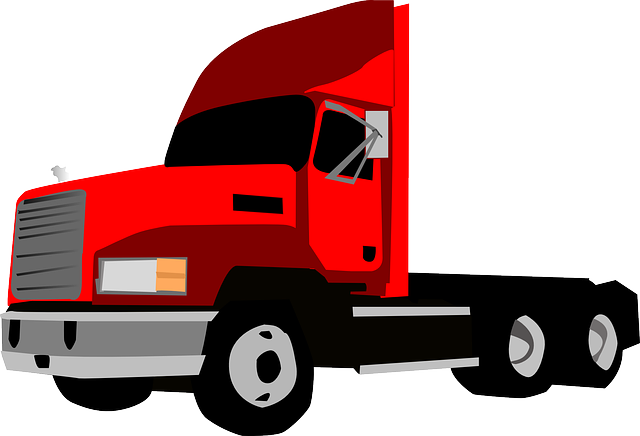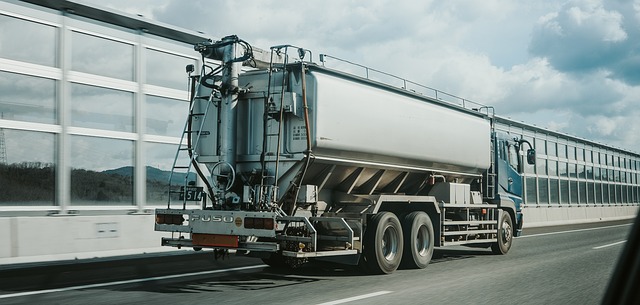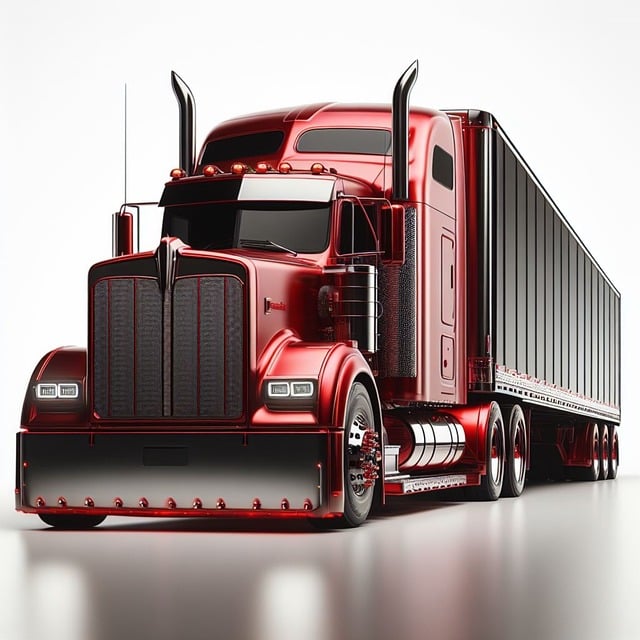Small fleet operators face unique risks requiring customized comprehensive fleet insurance beyond general plans. They should prioritize policies covering vehicles, cargo, and liability for accident protection and physical damage insurance. By evaluating specific operational needs, comparing multi-truck coverage options, and consulting top-rated trucking insurers, operators can secure the best coverage at competitive costs while protecting their business and assets.
In the dynamic world of small fleet operations, understanding and mitigating risks effectively is key to success. This article provides professional guidance on customizing policies to align with your unique needs, ensuring you have the best coverage for your small fleet operators. We’ll explore tailored fleet policies, covering everything from comprehensive insurance options like liability, cargo protection, and physical damage, to navigating the trucking insurance market for top-rated providers offering multi-truck coverage solutions.
Understanding Your Small Fleet's Unique Risks and Needs

Small fleet operators face distinct risks and challenges compared to larger companies, which necessitates a tailored approach to insurance policies. Understanding your specific needs is the first step in securing the best coverage. These operations often involve specialized vehicles and unique business models, making general insurance plans inadequate. For instance, a small trucking company might require top-rated trucking insurance that accounts for the high-value cargo they transport over long distances. This includes comprehensive fleet insurance that covers both the vehicles and the goods to ensure against loss or damage during transit.
Additionally, small fleet owners must consider liability coverage to protect themselves from potential accidents and legal issues. Physical damage insurance is another crucial aspect to safeguard against unforeseen events like vehicle accidents or natural disasters that could impact their fleet. By evaluating these risks, operators can select suitable cargo protection plans and physical damage insurance options, ensuring they are adequately prepared for any eventuality. Tailored fleet policies that incorporate multi-truck coverage options enable small businesses to manage multiple vehicles efficiently while keeping costs competitive without compromising on security.
Best Practices for Customizing Policies: A Step-by-Step Guide

When customizing policies for a small fleet, operators should follow a structured approach to ensure comprehensive protection. Start by evaluating your specific operational needs, including vehicle types and cargo types carried. This will help identify gaps in standard insurance plans. Next, consult with top-rated trucking insurance providers who offer tailored fleet policies. These experts can guide you on the best coverage for your small fleet, ensuring you have suitable liability coverage, physical damage insurance, and cargo protection plans.
A step-by-step process includes assessing risk factors, comparing multi-truck coverage options, and understanding deductibles and limits. Consider high-value cargo or specialized vehicles that may require additional protection. By taking this methodical approach, small fleet operators can secure the best coverage tailored to their unique operations, ultimately providing peace of mind and financial security.
Top Coverage Options to Protect Your Small Fleet from Financial Loss

Small fleet operators face unique challenges that require tailored fleet policies to ensure financial protection. Among the top coverage options, comprehensive fleet insurance stands out as an essential pillar for risk mitigation. This type of insurance goes beyond basic liability by offering broad protection against various risks specific to trucking operations. From physical damage insurance covering accidents and mechanical breakdowns to cargo protection plans safeguarding goods in transit, comprehensive fleet insurance provides a robust safety net.
Additionally, small fleet operators should consider specialized liability coverage to safeguard against potential claims arising from accidents or property damage caused during operations. Top-rated trucking insurance providers offer multi-truck coverage options that can be customized to fit the specific needs of multiple vehicles within a small fleet. By combining these coverage plans, small fleet operators can create a comprehensive risk management strategy, ensuring they are prepared for any financial loss and maintaining the stability and growth of their business.
Navigating Trucking Insurance Market: Choosing Top-Rated Providers for Multi-Truck Coverage

Navigating the trucking insurance market can be a daunting task for small fleet operators looking for the best coverage. With numerous providers offering various plans, finding top-rated trucking insurance tailored to your needs is crucial. Start by identifying comprehensive fleet insurance that goes beyond basic liability coverage. Physical damage insurance is essential to protect against vehicle accidents and repairs. Additionally, consider cargo protection plans to safeguard your goods during transit.
When evaluating options, focus on providers offering multi-truck coverage, which allows you to insure multiple vehicles under one policy—a convenient and cost-effective solution for small fleets. Look for companies with high ratings and positive customer reviews, ensuring they have a solid track record of providing reliable service and claims support. Remember that tailored fleet policies that meet specific industry standards will not only safeguard your business but also demonstrate compliance, reducing potential risks and penalties.
Customizing policies to suit your small fleet’s unique needs is a strategic move that goes beyond basic compliance. By following the best practices outlined in this article and exploring top-rated trucking insurance providers, you can secure comprehensive fleet insurance that includes tailored liability coverage, robust cargo protection plans, and vital physical damage insurance. This ensures your business remains shielded from financial losses, allowing you to focus on growth and navigating the bustling transportation landscape with confidence.
